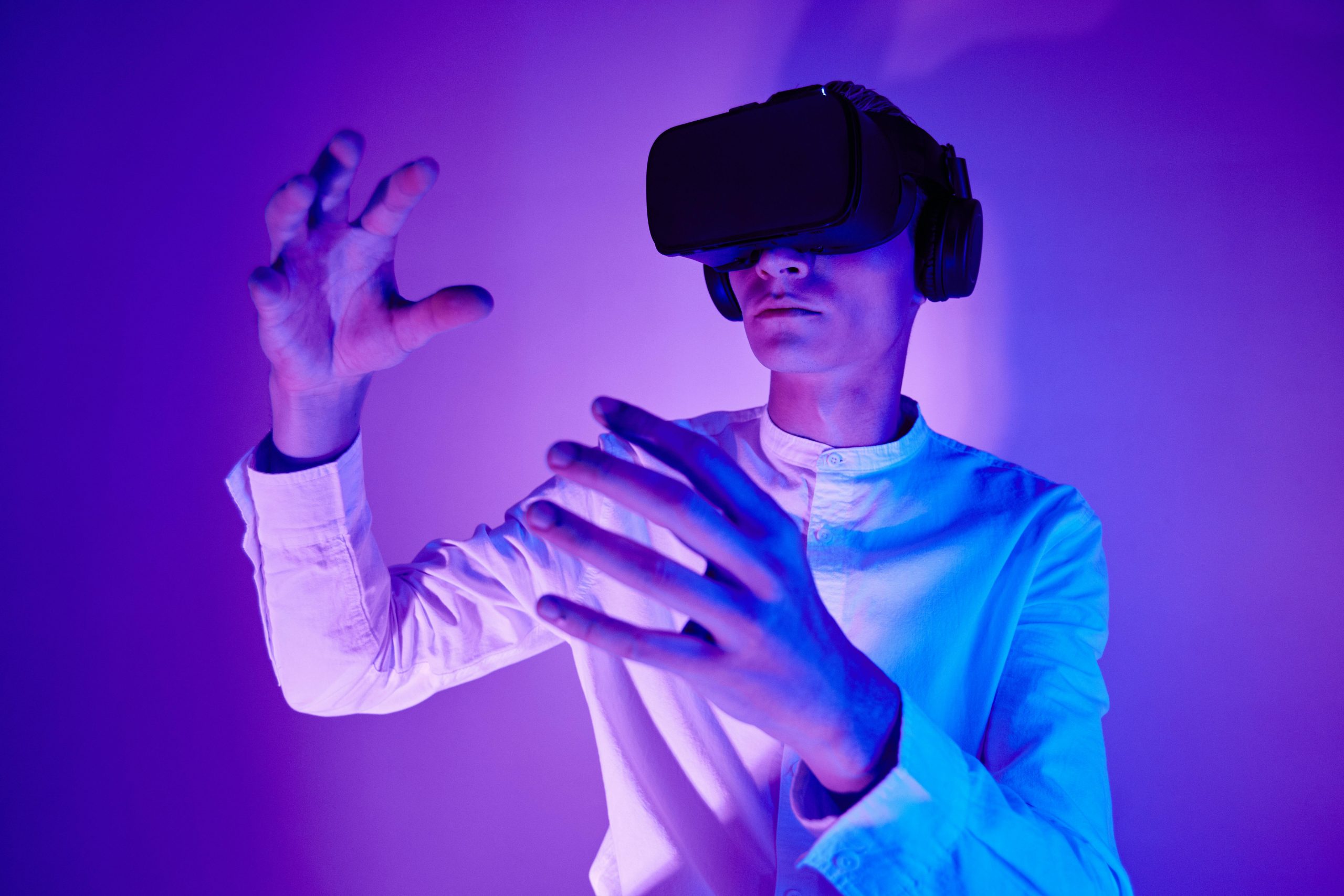Artificial intelligence (AI) is no longer a futuristic concept—it’s here, and it’s reshaping the marketing landscape in profound ways. From personalized customer experiences to predictive analytics, AI-powered automation is revolutionizing how brands engage with their audiences. By leveraging machine learning, natural language processing, and data-driven insights, businesses can now deliver hyper-targeted campaigns, streamline operations, and foster deeper connections with customers. This transformation isn’t just about efficiency; it’s about creating meaningful interactions at scale. Let’s explore how AI is redefining customer engagement in marketing.
The Rise of AI-Powered Personalization
One of the most significant impacts of AI in marketing is its ability to deliver personalized experiences. Traditional marketing often relies on broad segmentation, but AI takes it a step further by analyzing individual behaviors, preferences, and purchase history. Machine learning algorithms process vast amounts of data in real-time, allowing brands to tailor content, recommendations, and offers to each customer.
For example, e-commerce giants like Amazon and Netflix use AI to suggest products or shows based on past interactions. Similarly, email marketing platforms leverage AI to optimize send times, subject lines, and even content variations for higher open and click-through rates. This level of personalization not only boosts engagement but also enhances customer satisfaction and loyalty.
Key Benefits of AI-Driven Personalization
- Higher conversion rates: Personalized recommendations increase the likelihood of purchases.
- Improved customer retention: Tailored experiences make customers feel valued.
- Efficient resource allocation: AI identifies high-value customers, allowing marketers to focus efforts where they matter most.
Chatbots and Conversational AI
Customer service has undergone a massive transformation thanks to AI-powered chatbots and virtual assistants. These tools provide instant, 24/7 support, answering queries, resolving issues, and even guiding users through the sales funnel. Unlike traditional customer service, which relies on human agents, chatbots use natural language processing (NLP) to understand and respond to customer inquiries in real-time.
Brands like Sephora and H&M use chatbots to offer styling advice, recommend products, and handle returns—all without human intervention. This not only reduces operational costs but also ensures consistent, round-the-clock engagement. Moreover, AI chatbots continuously learn from interactions, improving their accuracy and effectiveness over time.
Why Chatbots Are a Game-Changer
- Instant responses: Customers no longer have to wait for support.
- Scalability: Chatbots handle thousands of conversations simultaneously.
- Data collection: Every interaction provides insights into customer preferences and pain points.
Predictive Analytics for Smarter Campaigns
AI’s ability to predict future behaviors is transforming how marketers plan and execute campaigns. Predictive analytics uses historical data, machine learning, and statistical algorithms to forecast trends, customer actions, and potential outcomes. This enables brands to anticipate needs, optimize ad spend, and deliver the right message at the right time.
For instance, AI can identify which leads are most likely to convert, allowing sales teams to prioritize outreach. It can also predict churn risk, enabling proactive retention strategies. Platforms like Google Analytics and HubSpot integrate predictive analytics to help marketers make data-driven decisions with confidence.
Advantages of Predictive Analytics
- Enhanced targeting: Focus resources on high-potential audiences.
- Reduced waste: Minimize ad spend on low-converting segments.
- Improved ROI: Data-backed strategies yield better results.
Content Creation and Optimization
AI is also making waves in content marketing. Tools like ChatGPT, Jasper, and Grammarly assist marketers in generating high-quality content quickly. From blog posts to social media captions, AI can draft, edit, and optimize text based on SEO best practices and audience preferences.
Beyond writing, AI helps with content distribution. Platforms like HubSpot and Marketo use AI to determine the best channels and times to publish content for maximum reach. Additionally, AI-driven A/B testing allows marketers to refine headlines, images, and CTAs for better performance.
How AI Enhances Content Marketing
- Speed and efficiency: Generate drafts in minutes, not hours.
- SEO optimization: AI suggests keywords and improvements for higher rankings.
- Consistency: Maintain brand voice across all content.
Conclusion
AI is undeniably revolutionizing customer engagement in marketing. By enabling hyper-personalization, automating customer service, leveraging predictive insights, and streamlining content creation, AI empowers brands to connect with their audiences in smarter, more meaningful ways. As technology continues to evolve, marketers who embrace AI-driven automation will gain a competitive edge, delivering experiences that resonate deeply with customers. The future of marketing isn’t just automated—it’s intelligent, adaptive, and customer-centric.
